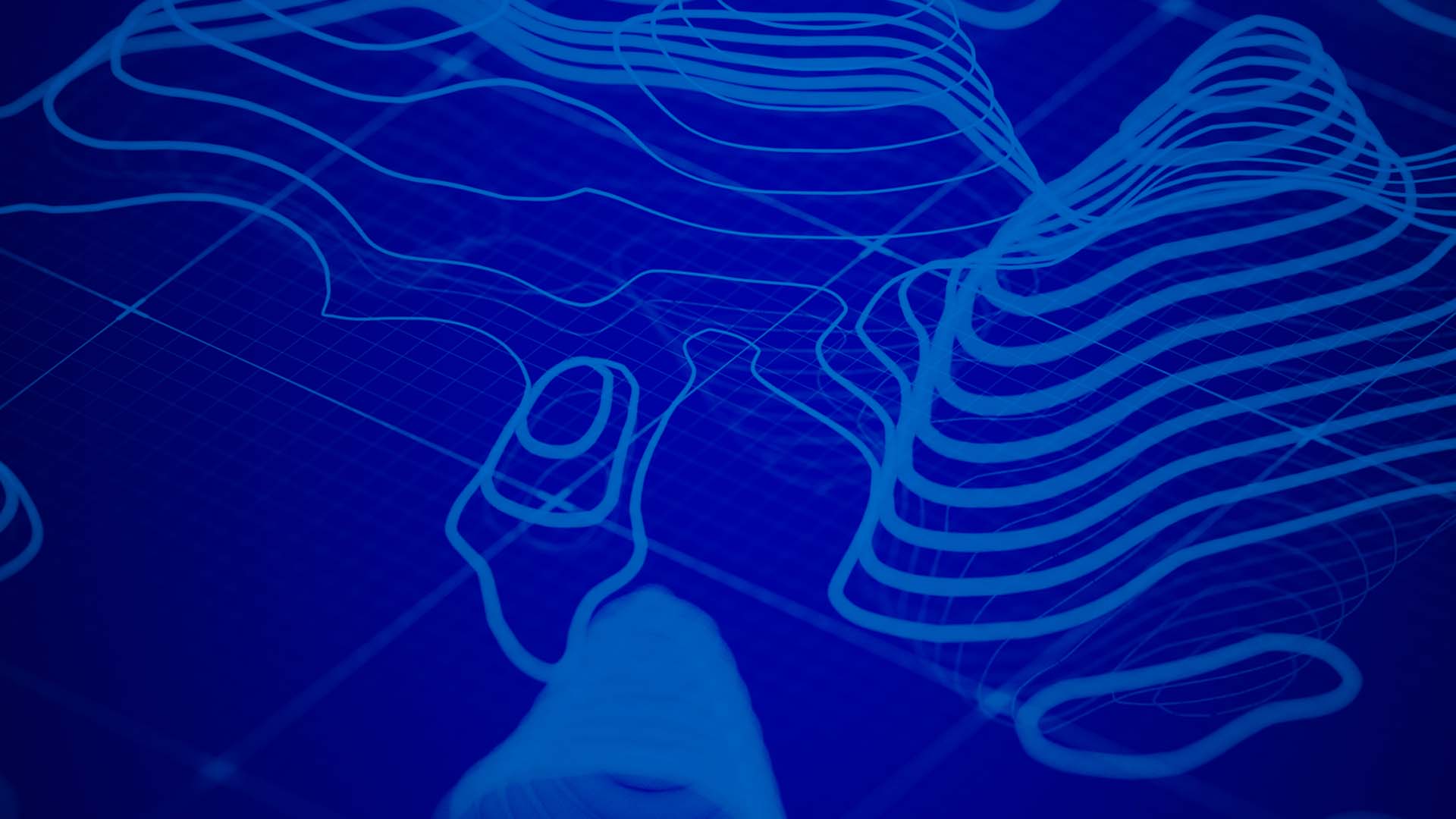For decades the public health field has generated incredible knowledge about what makes us sick. Public health agencies and authorities tell us in general what is good and bad for the general population, hoping that we will individually change our behaviors or pressure others to remediate assaults on our collective environments. Frankly, it’s a never ending job faced with difficult information choices, deaf ears, and mixed messages.
On the other hand, we have medicine at its apex of specialization, where doctors know a great deal about a few things and fewer know a little about everything. More problematic, however, is the new paradigm of a virtual physician in the palm of your hand: as society embraces the use of smartphones, people increasingly search for their own diagnoses and cures in absence of a more creative approach for bring public health knowledge into close proximity of personal medicine.

A key element in the growing acceptance of geomedicine will be exploiting the body of research produced by the health science community. Also critical will be the ability to build and organize relevant medical content that links “place” to health conditions, risks, and outcomes. For example, research examining the impact of ambient air quality on cardiovascular and respiratory disease is under way in many nations of the world, and research is confirming that a patient’s health is related to proximity to high-volume roadways, an idea being examined using GIS. There is a substantial body of scientific literature that describes the impact of geographic location on health problems such as cancer, diabetes, hypertension, and osteoporosis, and the importance of place is increasingly becoming better understood.
In my opinion, geomedicine brings us to a bit closer to the real fulcrum between patient and physician, tipping the balance toward a more full disclosure of all relevant information, even that data which is not generally seen by either the physicians or the consumer.
The geomedicine idea has recently been receiving a lot of attention—at TEDMED 2009, Microsoft’s Health Tech Today, the Huffington Post, and elsewhere. I believe this attention is due to the simple fact that it is the perfect combination of modern day information technology with a strong dose of practicality. Geomedicine is an idea whose time has come.
